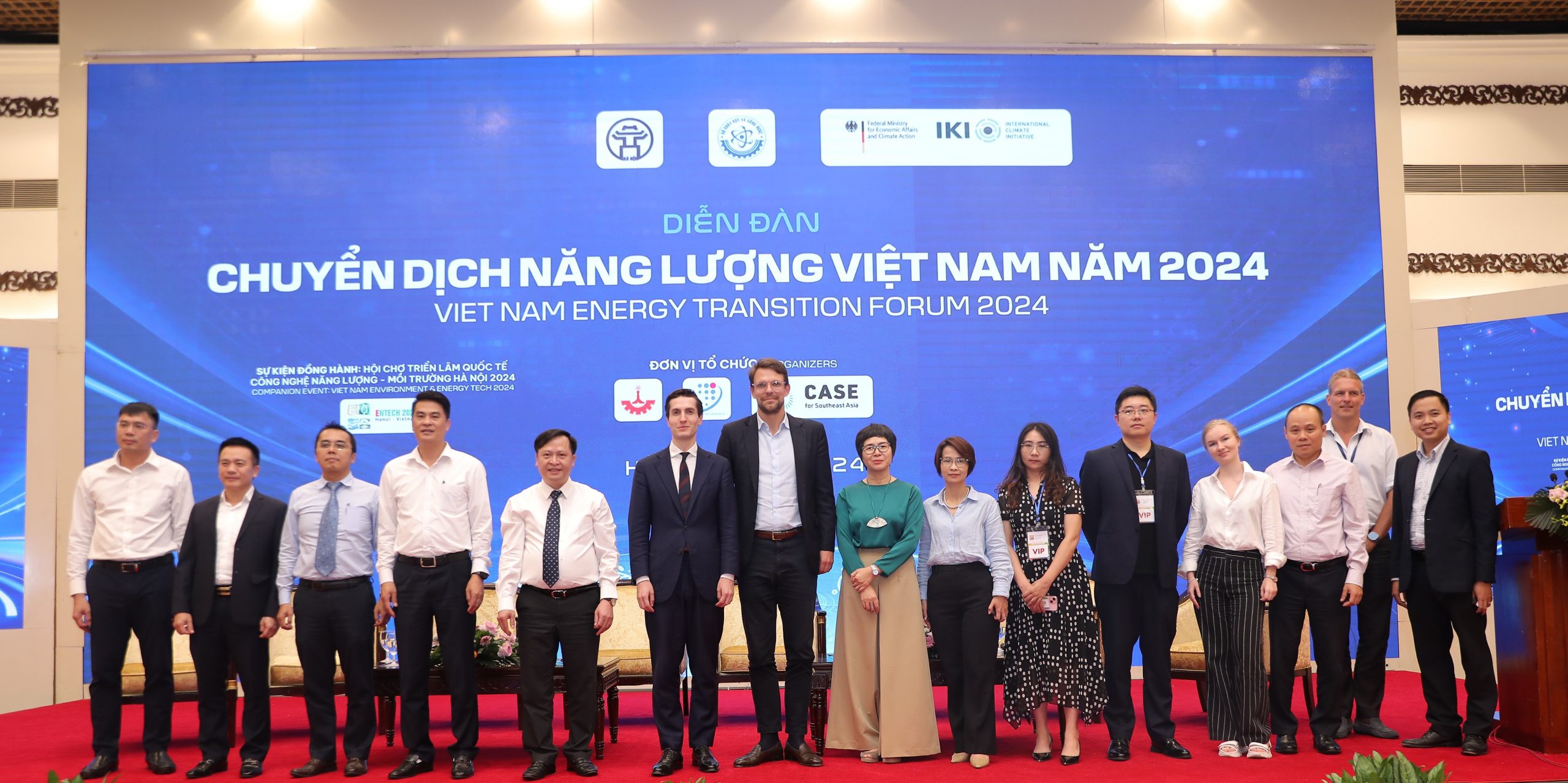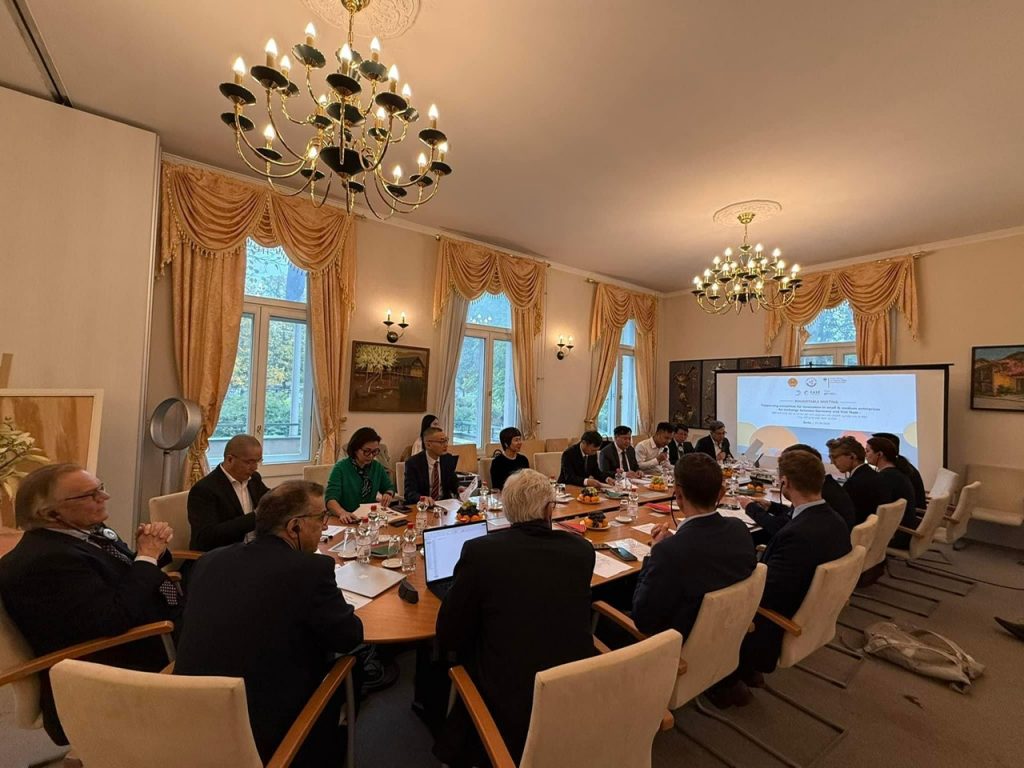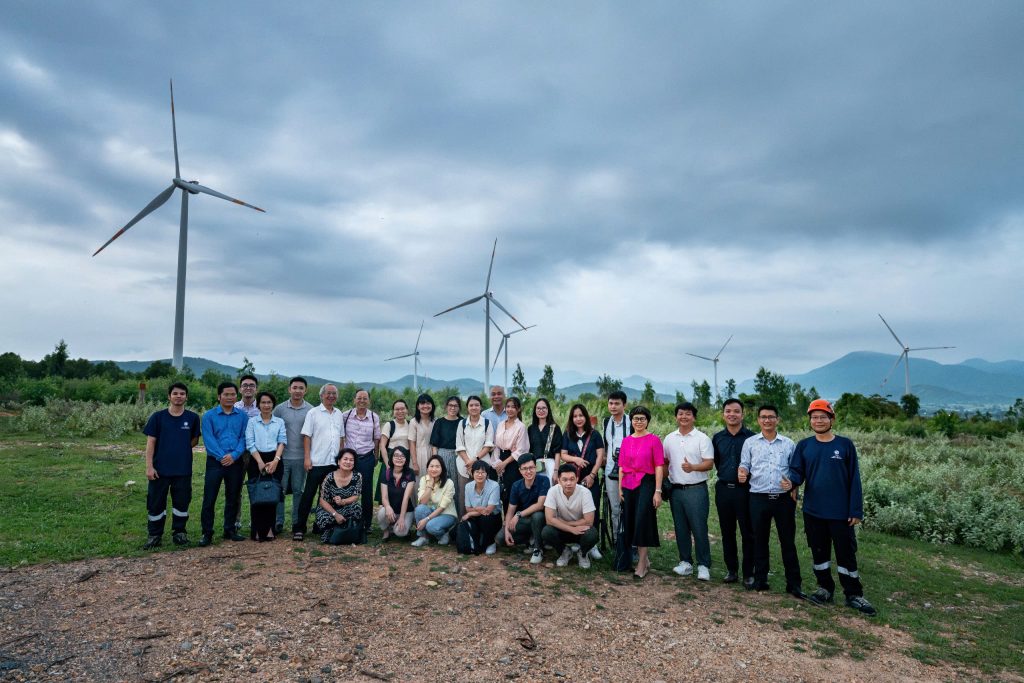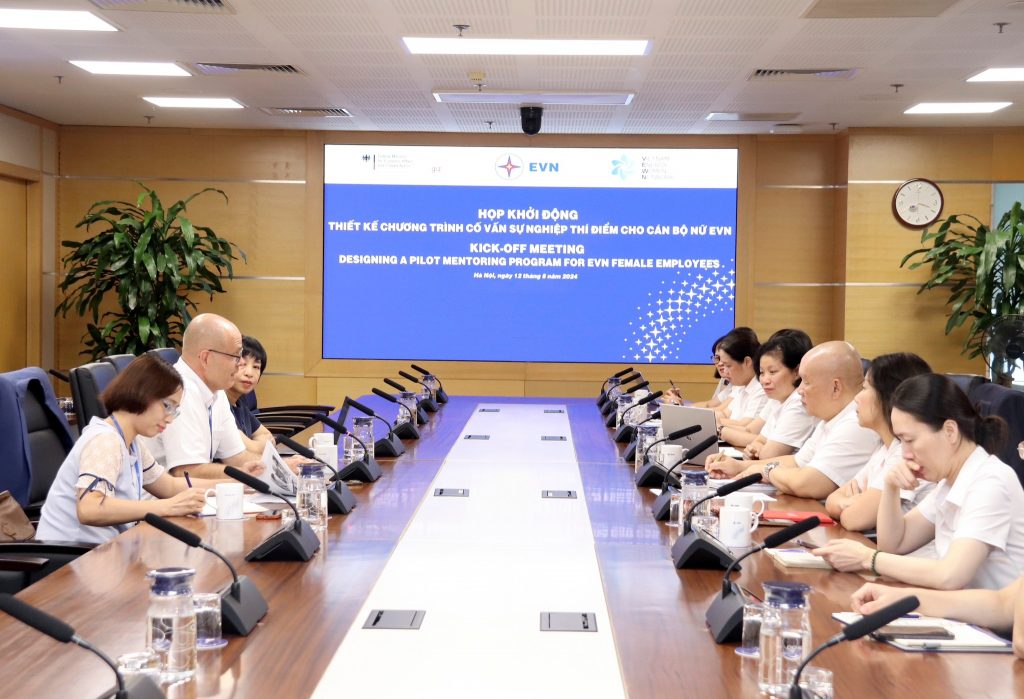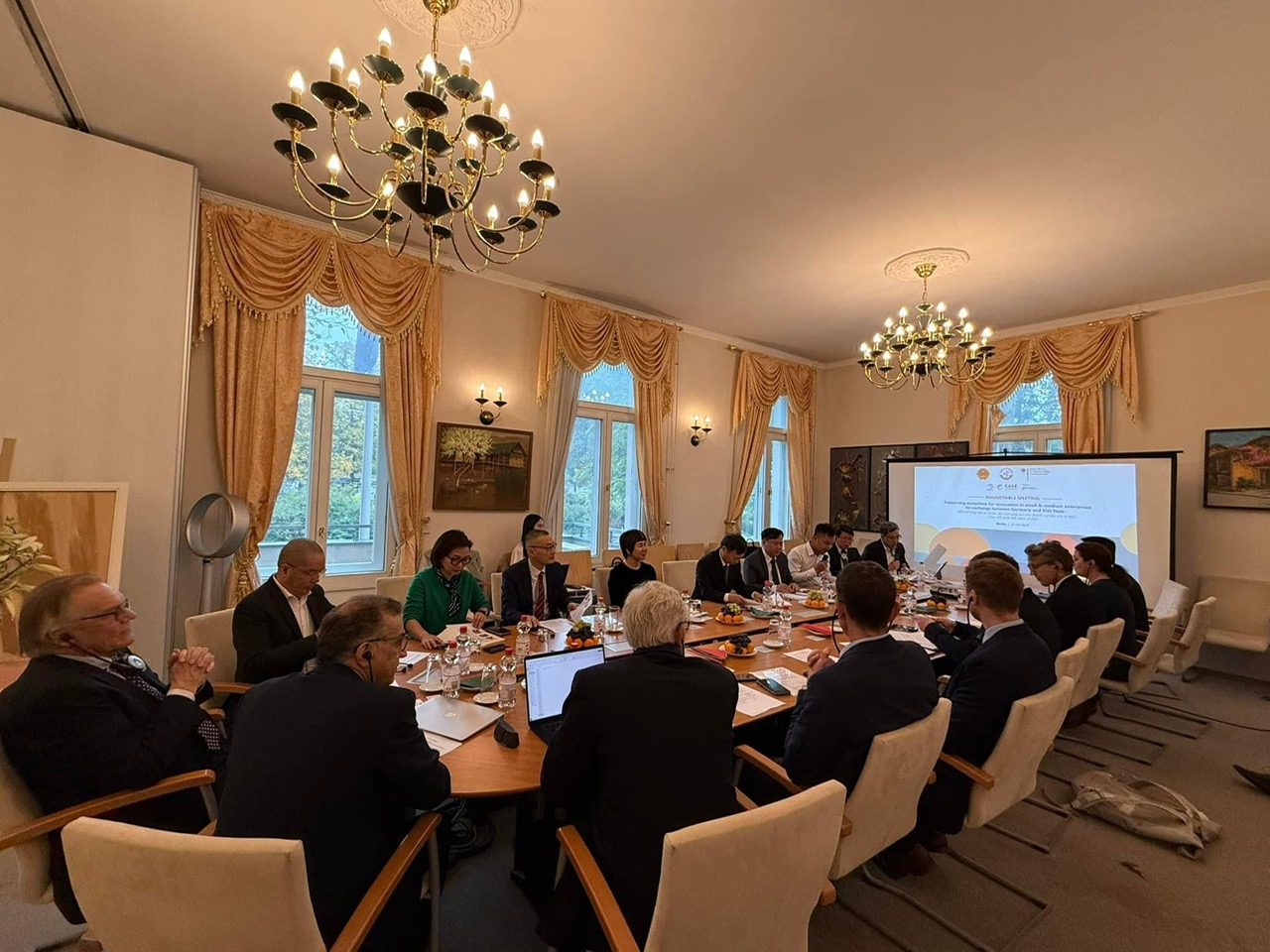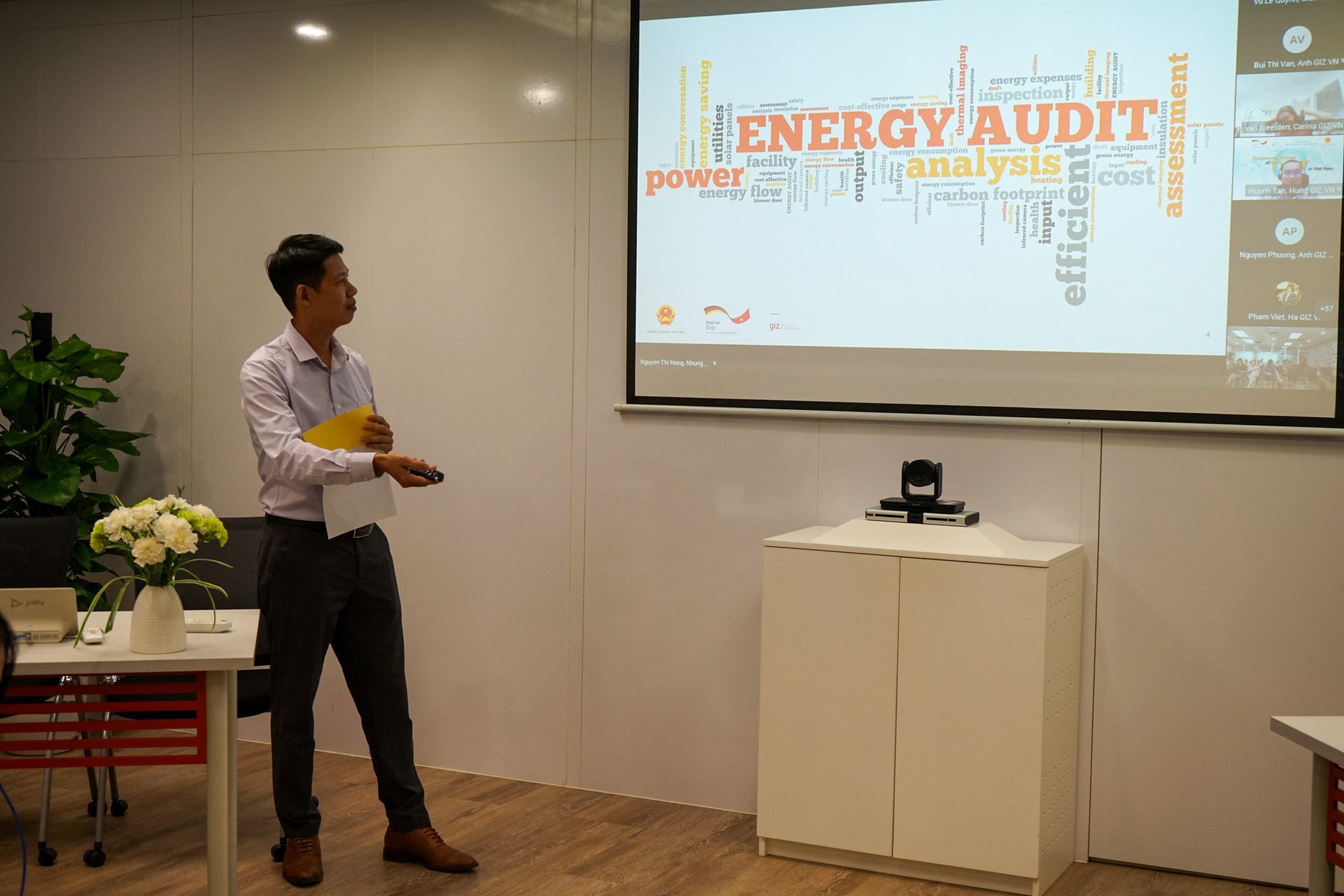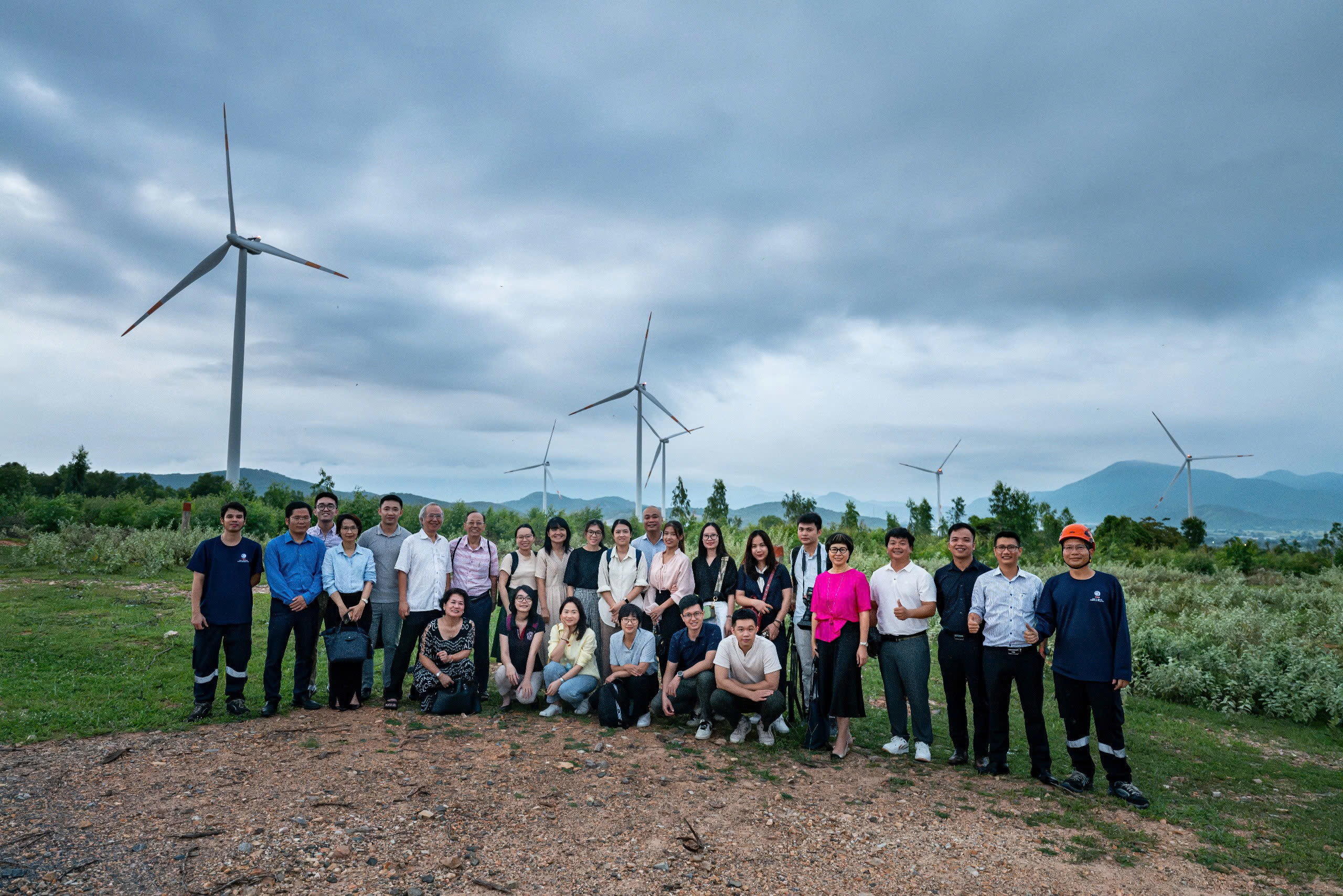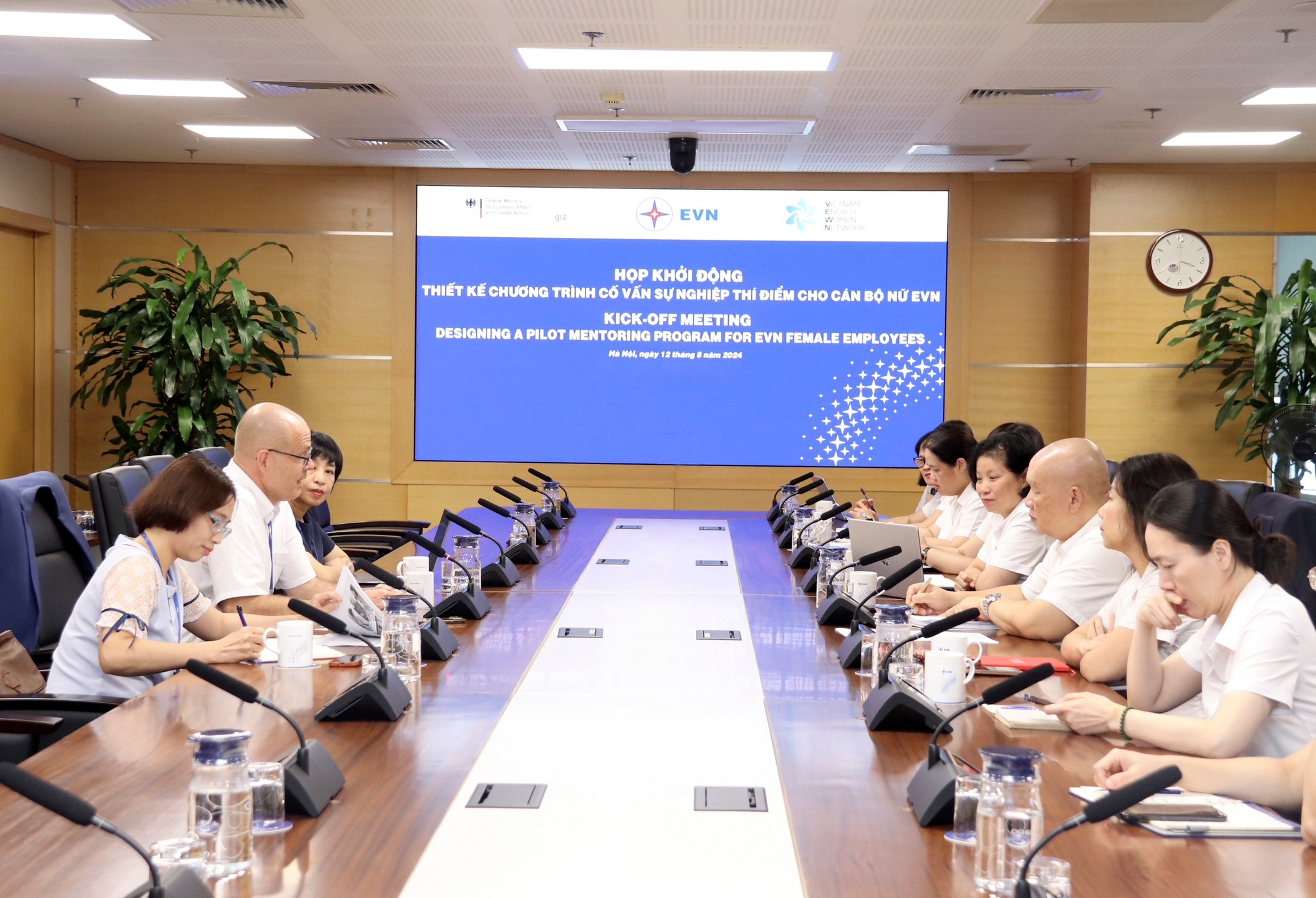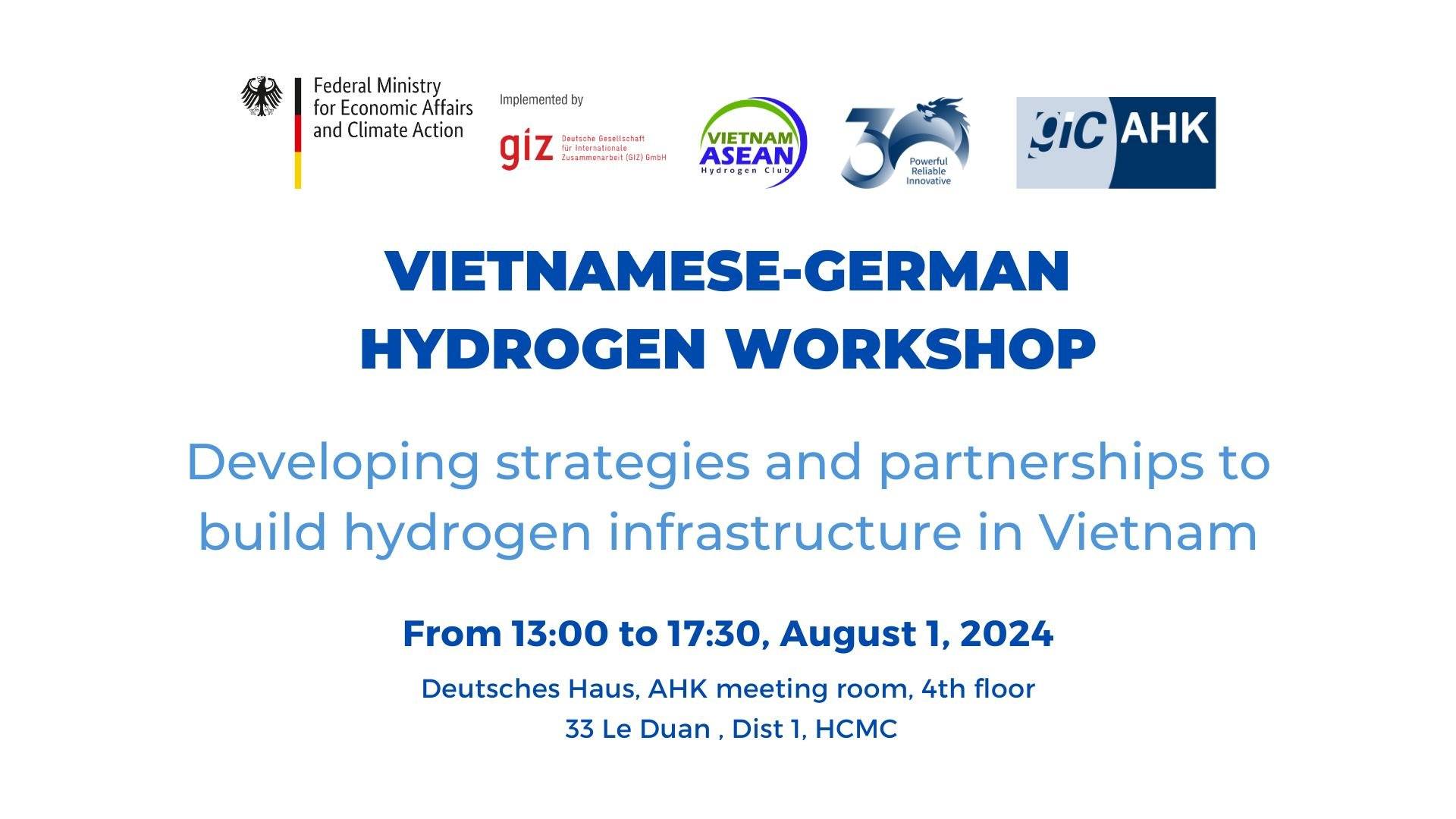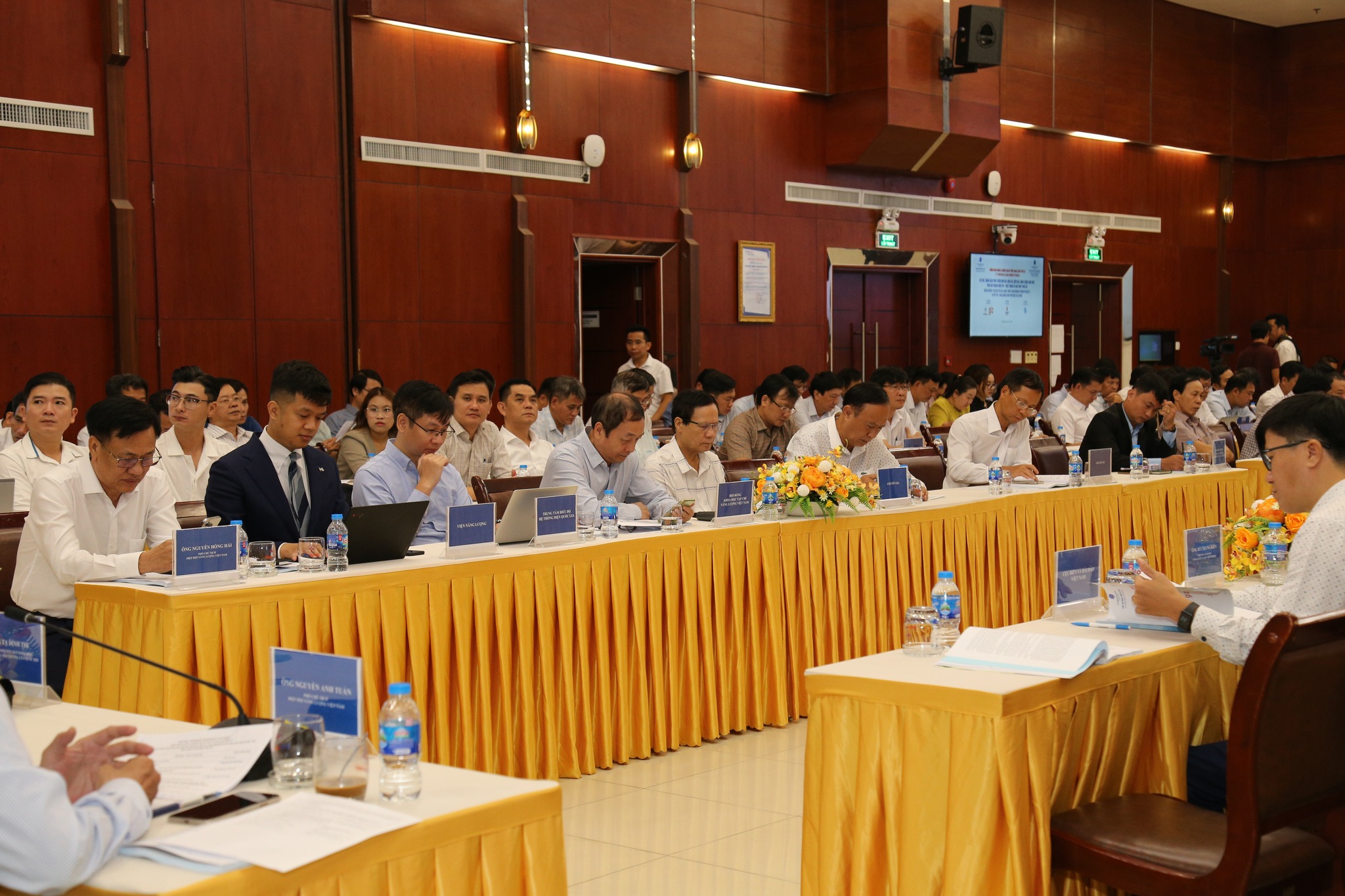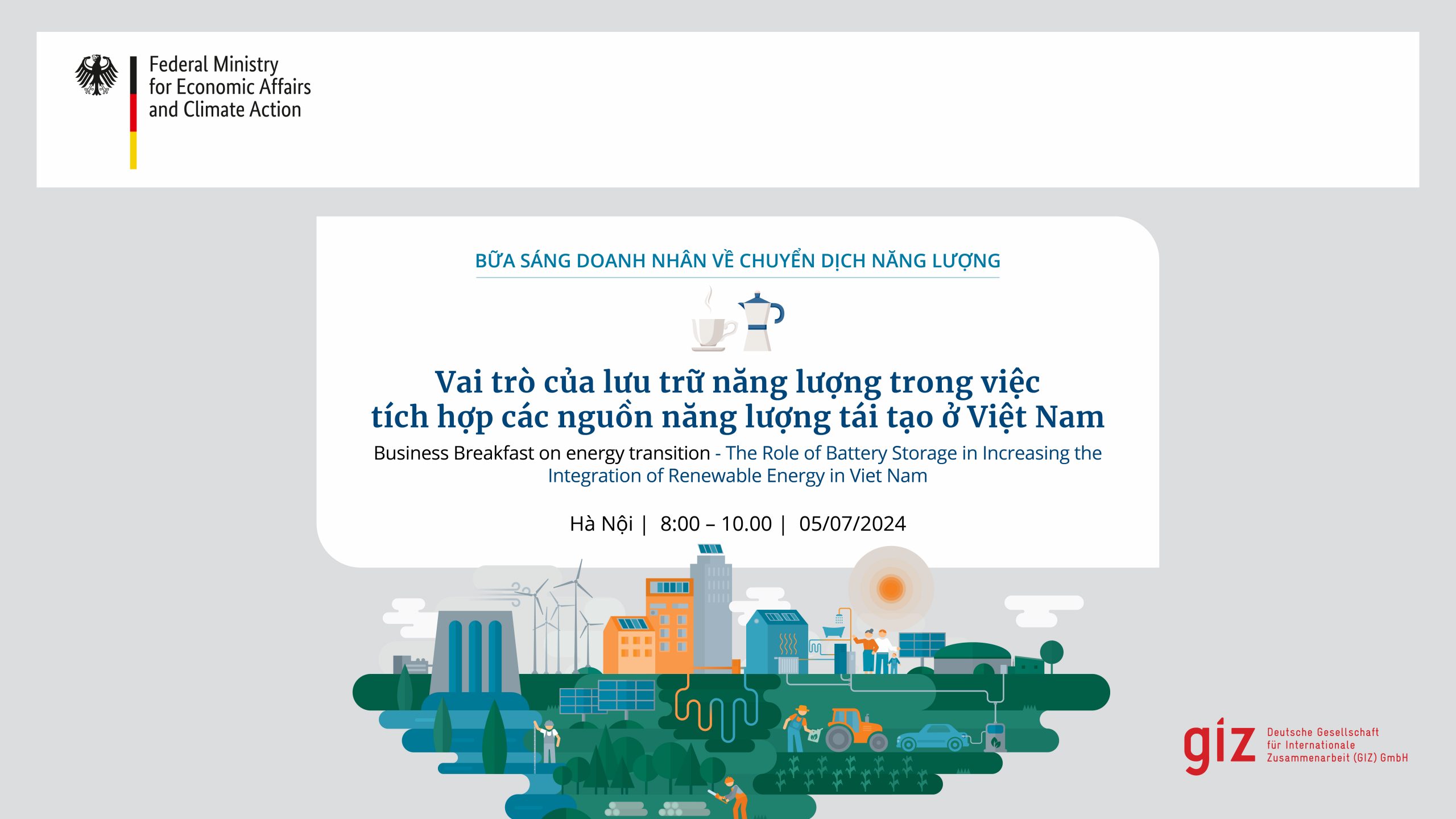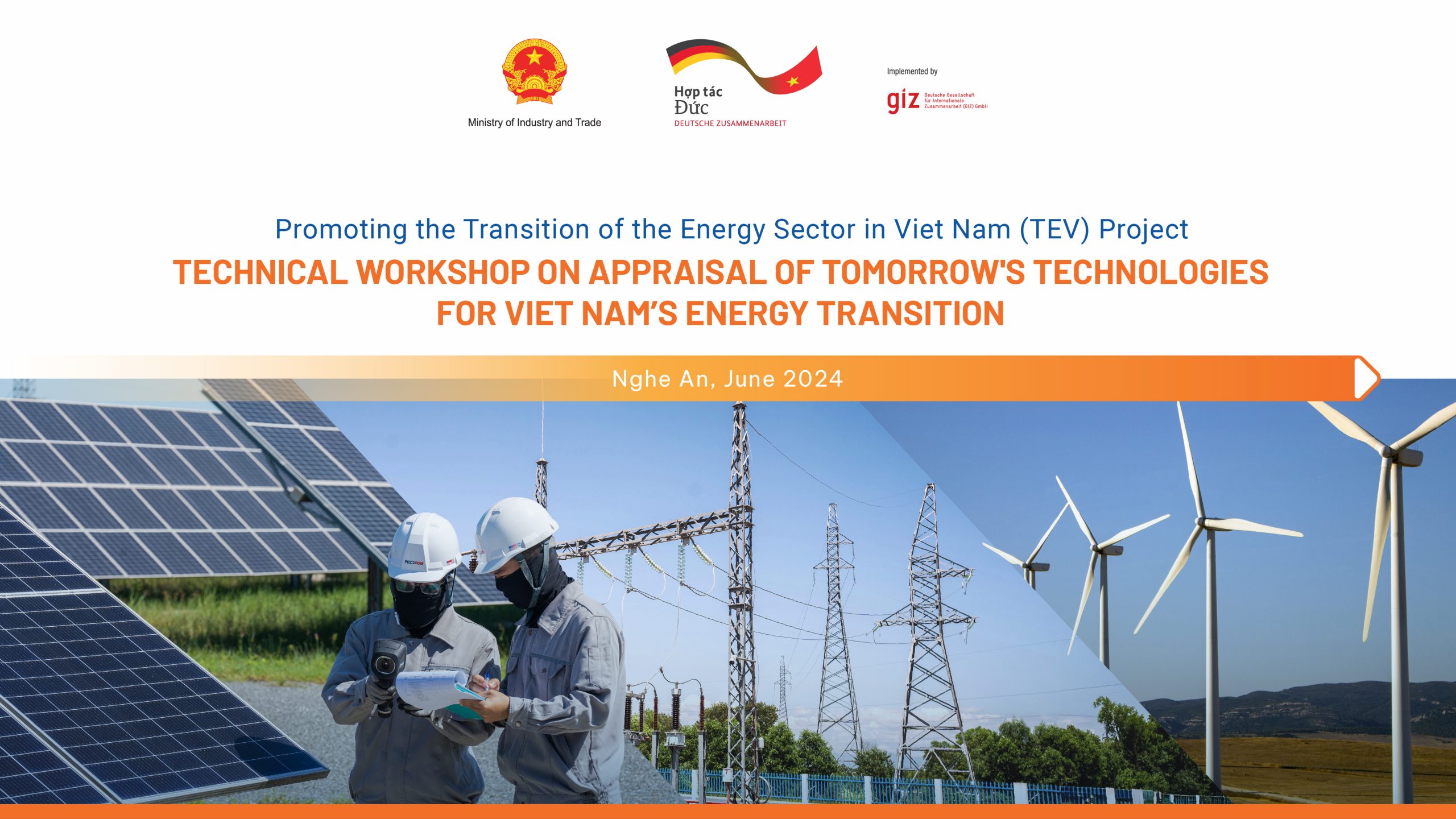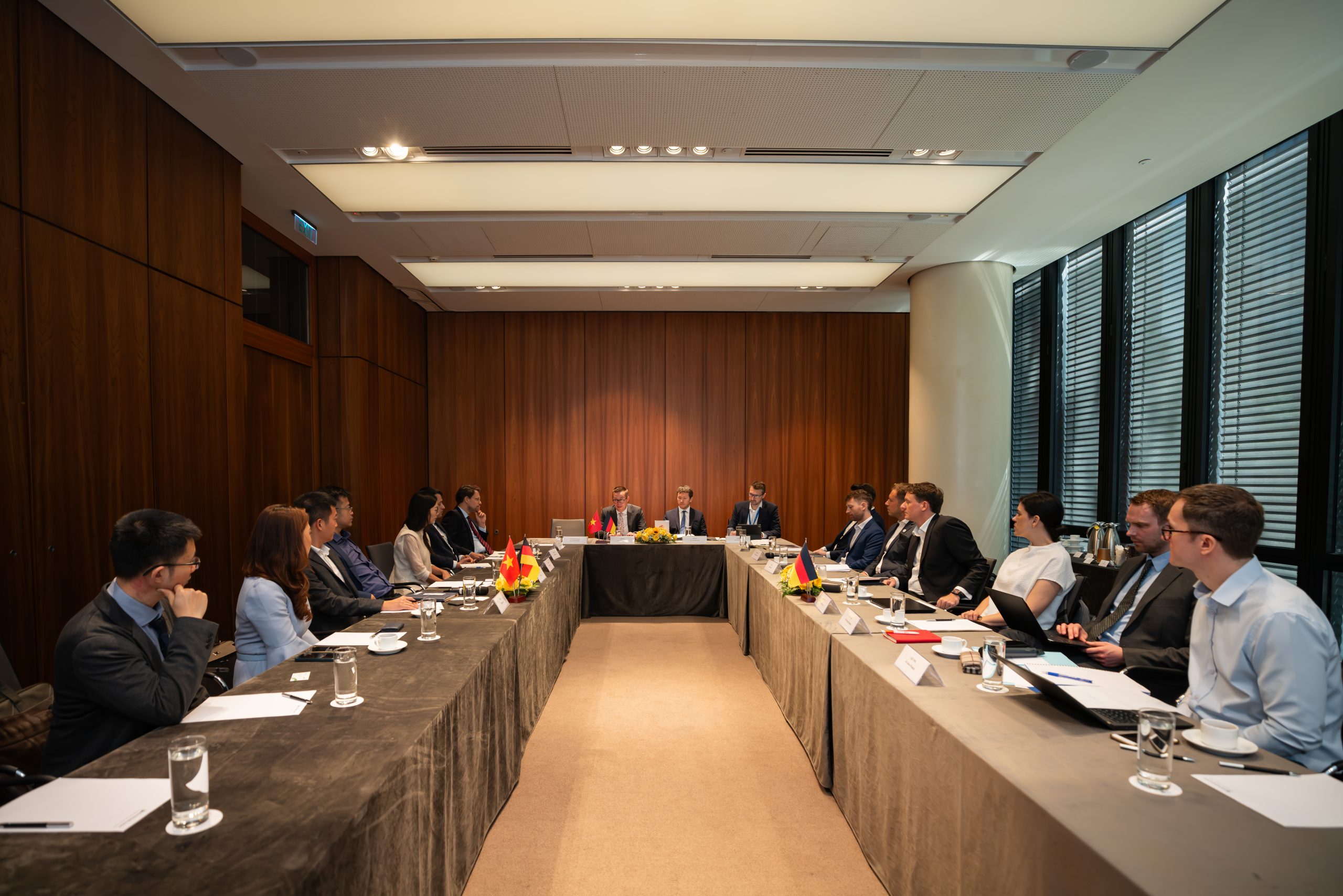The proportion of installed capacity of renewable energy, particularly wind and solar power, in Viet Nam’s power system has increased rapidly in recent years and will continue to be promoted following the objectives outlined in PDP8. The electricity system must be more adaptable in response to the rapid expansion of renewable energy sources that are variable. Investment and technological innovation are necessary to improve the flexibility of the electrical system, in addition to traditional technologies.
Germany allocated 1.5 billion Euros to energy research and technological innovation in 2022
Germany invested roughly 1.5 billion Euros in energy sector research and innovation in 2022. This remarkable figure demonstrates the country’s unwavering dedication to advancing environmental protection and energy transition. State investment in energy research increased by 13% in comparison to the previous year, as indicated by the annual report of the German Federal Ministry for Economy and Climate Action (BMWK).
Specifically, Germany dedicated 1.11 billion Euros to fund 7,365 ongoing research projects and 1,661 new research initiatives. The Helmholtz Society, one of the world’s largest research organisations, has received an additional allocation of nearly 320 million Euros. Compared to 2014, the energy industry’s total investment in research and innovation reached 1,486 billion euros, marking a 75% rise.
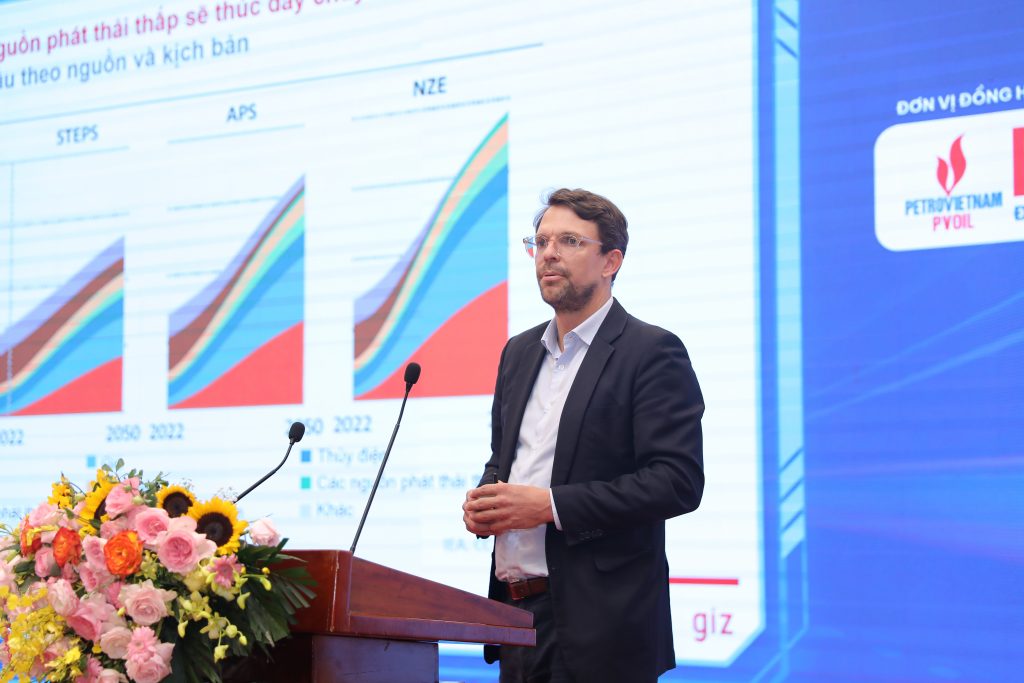
at the “Viet Nam Energy Transition Forum 2024”.
The German Government prioritises investment in energy transition research initiatives, as indicated by a report from the German Federal Ministry for Economy and Climate Action (BMWK). Germany implement fossil fuels for most of their heating fuels, driving heating and cooling constitute to reach approximately 52% of the total energy consumption. Therefore, it is crucial to introduce initiatives that foster the rapid development of renewable energy-based heating and cooling technologies to generate environmentally friendly energy.
Germany aims to generate 80% of its electricity from renewable sources by 2030, and the country is progressing toward this objective. Mr Fabian Hartjes, Second Secretary for Economic Affairs and Climate Diplomacy, German Embassy in Viet Nam, shared: “We are committing significant investments to renewable energy sources such as solar and wind power. Furthermore, we are accelerating the implementation of our green hydrogen strategy and steadily reducing our dependence on fossil fuels.”
Technological innovation significantly contributes to the cost reduction of electricity from renewable sources.
Being at the forefront of innovation and technological research decades ago, Germany is now one of the world leaders in renewable energy. Germany reached 4th globally in solar installed capacity, according to the global rankings of the International Renewable Energy Agency (IRENA), in 2023.
The increasingly competitive cost of electricity generated from renewable sources is essential in driving the global energy transition forward. According to Bloomberg New Energy Finance (Bloomberg NEF), the levelized cost of electricity (LCOE) of new power plants in Viet Nam in 2022 has seen a remarkable downward trend, particularly in renewable energy sources such as solar and wind power.
Levelized electricity production costs of new power plants according to technological innovation in Vietnam in 2022

The LCOE of solar power in Viet Nam has experienced a significant decline thanks to technological advancements and market expansion. According to Bloomberg NEF, the LCOE of a solar power plant ranges from 53-105 USD/MWh (based on actual prices in 2022), making it the most significant, cost-effective, and competitive source of electricity in Viet Nam.
The LCOE of wind power has also decreased considerably, ranging from 65 – 154 USD/MWh. Overall costs have been reduced due to the increasing efficiency of wind turbine technology and advancements in installation and maintenance. Notably, offshore wind power is emerging as an immense potential source, becoming more cost-effective and reliable in producing consistent electricity.
Mr Philipp Munzinger, Director of the GIZ Energy Support Program (GIZ ESP), has stated that solar power production and storage technology are at the forefront of the renewable energy technology market. This energy source possesses a rapidly expanding scale that benefits investors and contributes to grid stability and energy security. Consequently, it is imperative to establish policies regarding developing battery storage technology and solar power production.
Investing in new energy technology in Viet Nam
During the “Viet Nam Energy Transition Forum 2024”, organised by the State Agency for Technology and Innovation (Ministry of Science and Technology) in collaboration with the Hanoi Department of Industry and Trade and the GIZ Energy Support Program (GIZ ESP), experts noted that the proportion of installed capacity of renewable energy, particularly wind and solar power, in Viet Nam’s power system has increased rapidly in recent years and will continue to be promoted following the objectives outlined in PDP8. The electricity system must adapt to the rapid expansion of volatile renewable energy sources. To enhance the system’s flexibility, new technologies must be incorporated.
Mr Nguyen Mai Duong, Head of the General Department of the State Agency for Technology and Innovation, emphasised that promoting renewable energy technology in Viet Nam requires cooperation from three parties: regulatory agencies, research organisations and businesses, in which companies play a crucial role as they implement policies in their business activities. He also emphasised the critical support from international partners in sharing energy transition experiences to help Viet Nam strengthen its domestic capacity in technology for a successful energy transition.
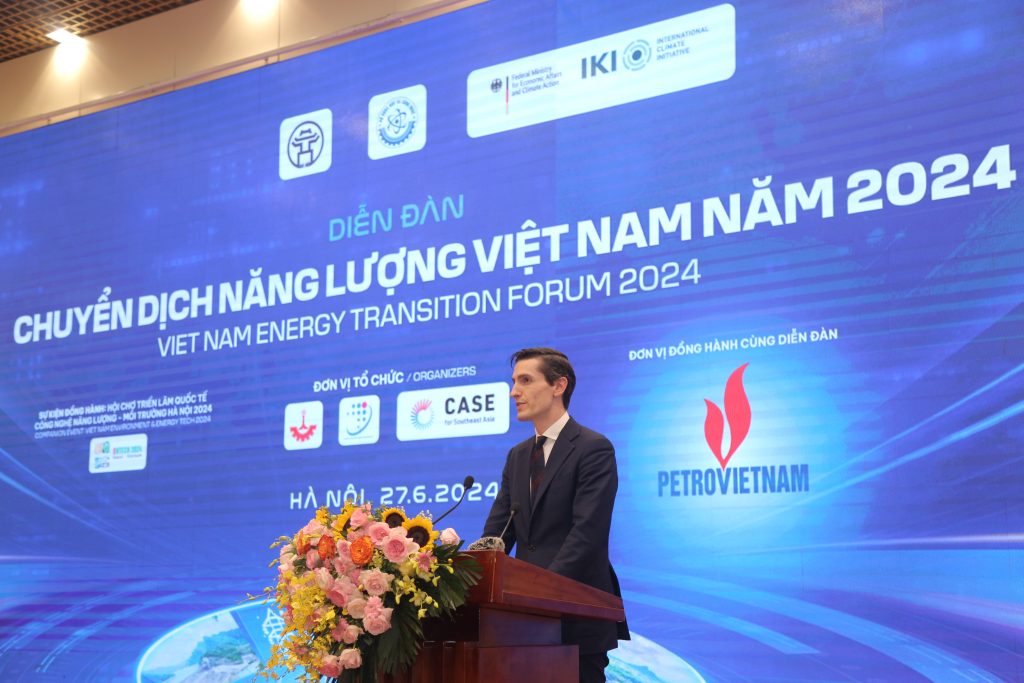
Mr Fabian Hartjes sees significant potential for collaboration in investment cooperation and renewable energy technology transfer between Germany and Vietnam. He said: “Many German businesses have succeeded in creating affordable and market-relevant energy technologies. We highly appreciate the attractive investment environment in Viet Nam and see business opportunities here. German businesses will increase their investment in the Vietnamese market and will always be willing to share renewable energy technologies with Vietnam. Technological innovations have proven to be highly effective and actively support our energy transition process, as well as many other countries. Renewable energy sources, as well as energy efficiency, will shape a new world. The energy transition process requires cooperation from public and private agencies. We will continue to share our experiences and insights so that in the future Germany and Viet Nam will succeed more in the energy transition process.” Mr Fabian also underscored the importance of technology in promoting energy transition.
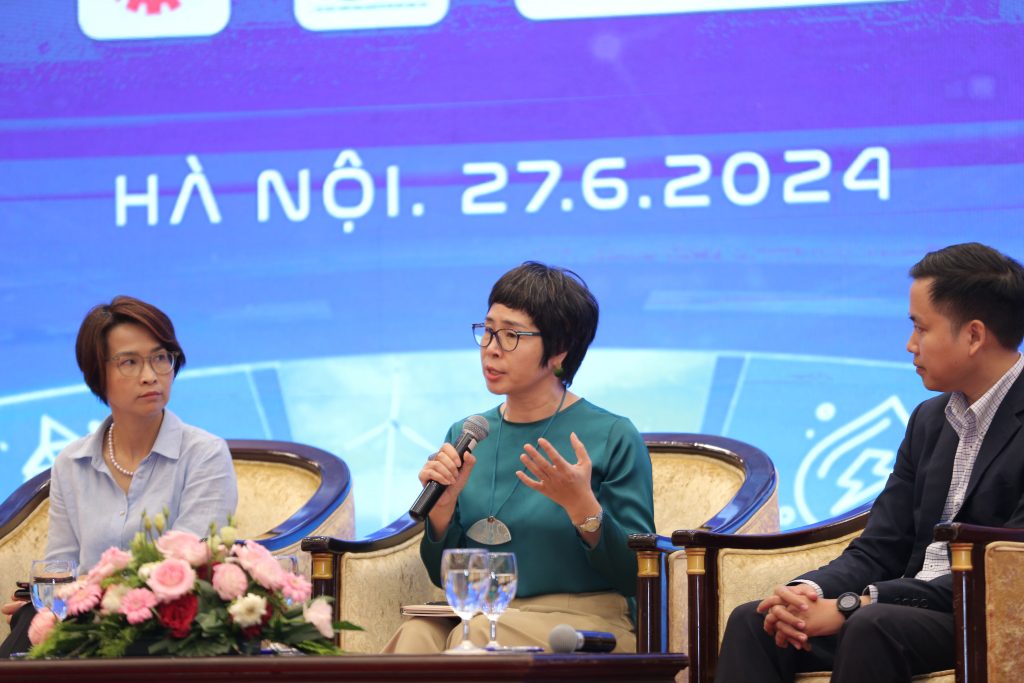
Ms Vu Chi Mai, Director of the Project “Clean, Affordable and Secure Energy for Southeast Asia” (CASE), disclosed that: “The GIZ Energy Support Programme, funded by the German Government, is implementing the CASE Project, which is operational in four countries: Philippines, Indonesia, Thailand, and Viet Nam. In Viet Nam, we collaborate with the State Agency for Technology and Innovation to facilitate technology transfer, enabling Viet Nam to adopt emerging technological trends in the energy sector. This initiative encompasses not only the transfer of new technologies but also enhancing capabilities in information management, project execution, and strengthening local production of components, accessories, and services across the value chain.”
Since 2013, energy has been a top priority in the collaboration between the Governments of Germany and Viet Nam. Germany has extended financial and technical assistance to Viet Nam to bolster its National Green Growth Strategies and to reduce greenhouse gas emissions. During the German-Vietnamese government talks in November 2023, the German Government pledged to grant 61 million Euros in non-refundable aid to Viet Nam. This funding is designated for energy, forest preservation, and vocational training initiatives to reduce Viet Nam’s dependence on fossil fuels.



